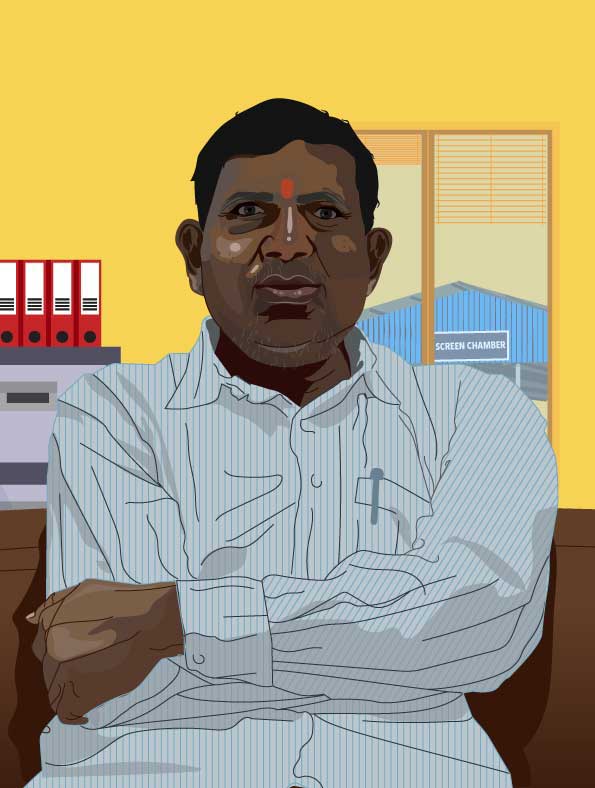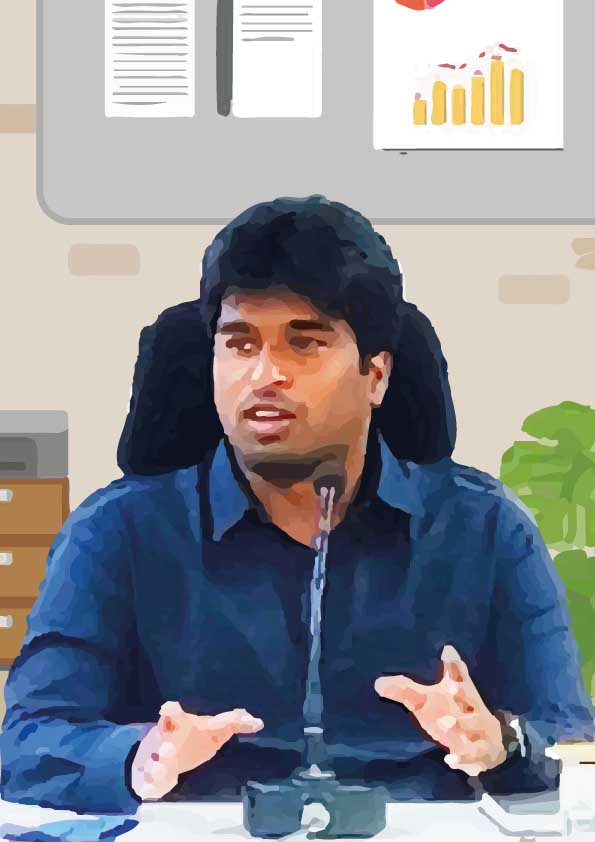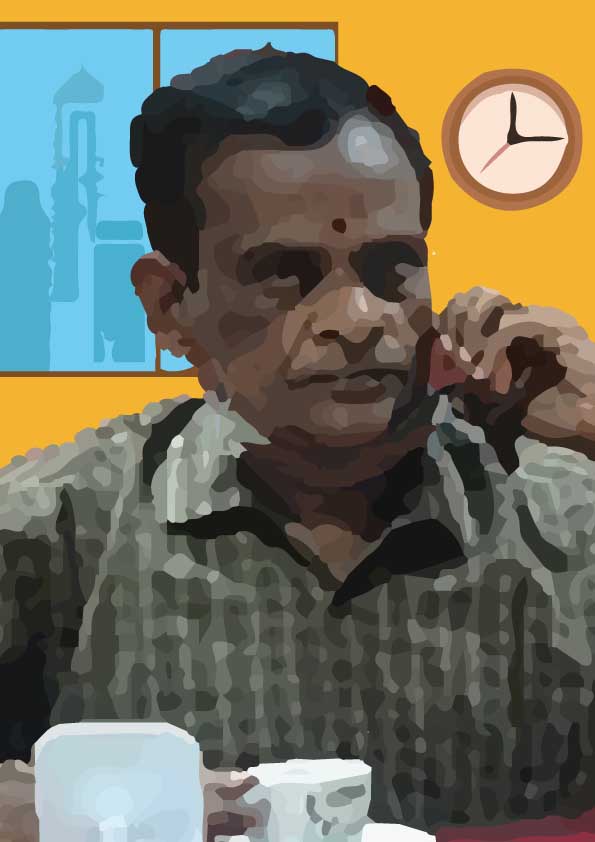As the Project Engineer of Odisha’s Water Supply and Sewerage Board, Suryabarti Majhi held with her the key to effective implementation of the state’s FSSM vision.
Odisha’s success in FSSM has been achieved not only due to the political will, leadership, and vision of senior administrators, but also because of on-ground implementation by committed and efficient government officials. Ms. Suryabarti is a shining example, having been instrumental in the planning, site selection, construction, commissioning, and testing of the 110 operational Faecal Sludge Treatment Plants (FSTPs) out of 120 FSTPs in Odisha.
In an otherwise male-dominated field and with the FSSM programme being a new initiative in Odisha, Suryabarti has proved her mettle in its execution with her rigorous follow-up mechanism with executive agencies, frequent visit to the sites, providing handholding and technical support to municipal engineers and contractors, and playing a vital role in the Construction Process Management of the engineers in the department. She did all this while demonstrating concern for people and environmental factors. She came up with an action plan to conduct interface meetings and exposure visits for the community, PRIs, and other stakeholders to create a paradigm change towards the construction of FSTPs.
During the surge COVID period, Suryabarti provided handholding and technical support to agencies visiting the ULBs to understand the new FSSM projects. The execution period was six months. Not only did she design PPE kits and other COVID-safe supplies, but she also conducted online, hybrid, and offline skill training for SHGs, municipal engineers, technical resources persons, and elected representatives of all ULBs.
The 120 FSTPs are expected to cater to a total capacity of 2087 KLD to treat an estimated septage generation of 1425 KLD. This would help to take care of 16.9% of the waste of Odisha’s entire urban population. Suryabarti has facilitated and coordinated the visits of national and state officials, UN agencies, and other international organizations who come to study the uniqueness of the FSSM model.
Suryabarti has demonstrated utmost commitment and ownership toward the cause. She sets an example for other women working as government functionaries in ULBs. She exhibits passion, high-energy, and enthusiasm, inspiring other engineers towards the effective implementation of FSSM.
Suryabarti has also played a key role in training the 700 women and transgender SHG members managing the FSTPs. Her presence at the operational plants guiding the SHGs has enthused several SHG members. She truly embodies the vision of the State for safely managed sanitation embracing inclusivity, gender equity, and community engagement.
































